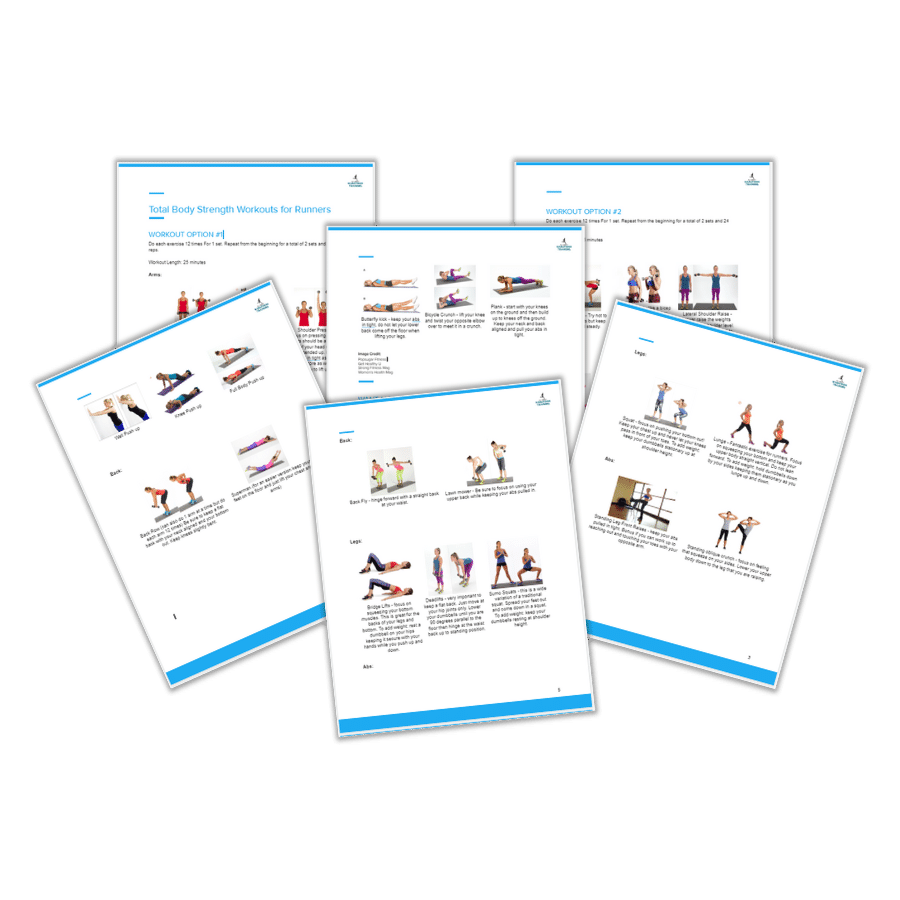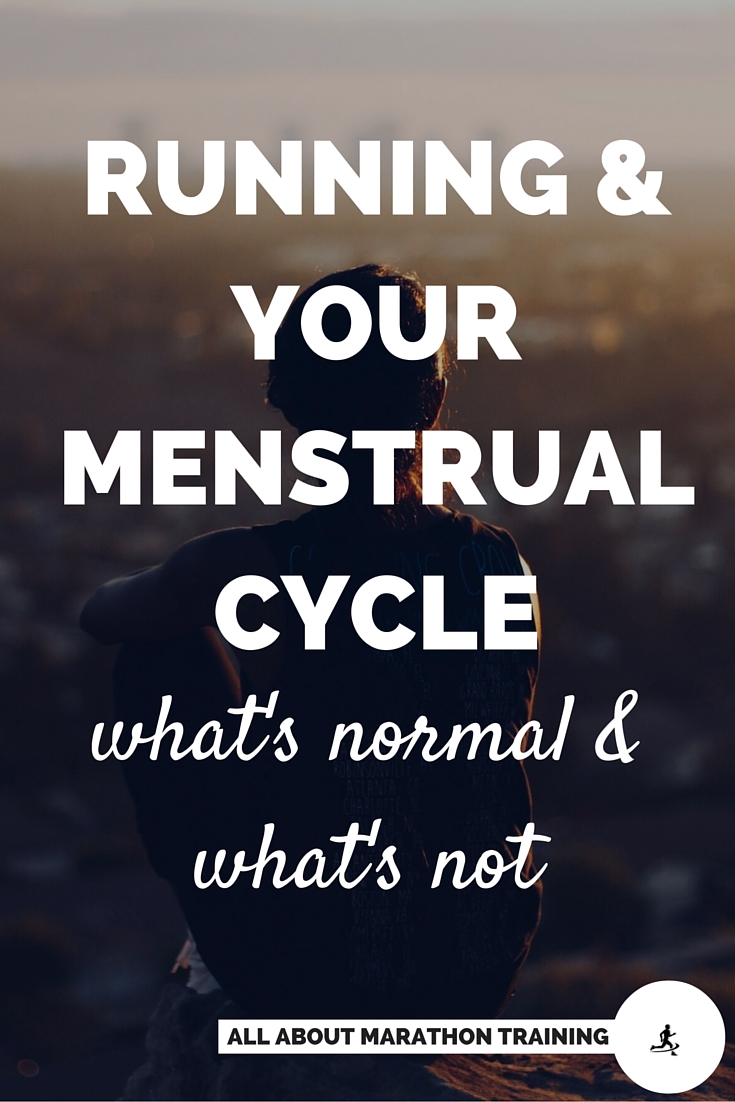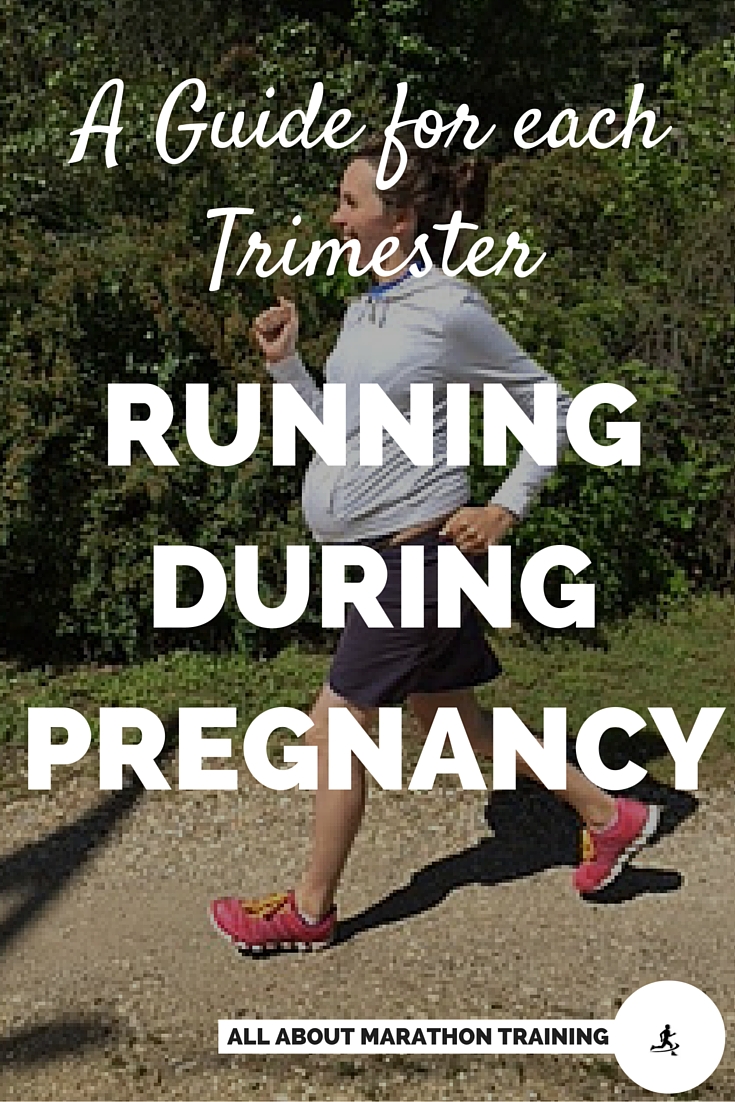Women Jogging and their Menstrual Cycle
Women jogging everywhere are faced with running through their menstrual cycle.
As aggravating as this can be at times the good news is that there is no reason to stop running or training just because of a period.
World records and PR's have been made at all times during a women's cycle!
Women Jogging During Their Period
The side effects of menstruation can affect performance one way or another as women have to deal with cramps, feeling bloated and the instability of mood swings that can affect psychological performance.
However one of the best treatments in fact can be to just go for a run.
Think of it, sweating releases water that helps with the bloating, a.k.a. water retention.
It also reduces the pain of cramps and can actually help to lessen the discomforts often associated with menstrual periods.
So even if you are just not feeling up to a run going for a jog may help you feel that much better!
Dysmenorrhea
Dysmenorrhea is "painful menstruation". For some reason or another, not known to researchers, dysmenorrhea is more prevalent in athletic populations than non-athletic populations.
Dysmenorrhea is explained to be caused by fatty acids called prostaglandins which are released before menstruation and last up to 2-3 days in the body after the onset of menstrual flow.
These fatty acids cause the uterus muscles to contract which leads to reduced blood flow and therefore pain.
It can be hard for women jogging who experience dysmenorrhea as often times running enhances the pain.
If you are one of these unfortunate women to have severely painful menstrual cycles talk to your doctor for possible treatments.
Amenorrhea
Amenorrhea is the cessation of the menstrual cycle.
In our sport of long distance running, the incidence of amenorrhea is very high compared to other sports and something that should be monitored closely.
The first thing that should be noted is that the ending of your menstrual cycle is NOT normal or healthy!
Why?
There is strong evidence that amenorrhea has been linked to early onset of osteoporosis (bone density loss) in pre-menopause women.
This is especially frightening as in the years leading up to menopause, women should be doing all they can to prevent bone loss and focus on building strong and healthy bones.
The devastating effects of early onset osteoporosis on skeletal strength is not only a great loss of quality of life but something that can be prevented!
Causes of Amenorrhea:
- Amenorrhea has been strongly linked to the totally mileage and training load per week. As the training distance of women jogging increases, the risk of amenorrhea also increases.
- Running, and exercise in general, plays a role on the concentrations of hormones in the blood. These hormones give feedback to the hypothalamus located in the brain which then releases female reproductive hormones accordingly. As these hormone levels vary, the hypothalamus will respond with modifications to the menstrual cycle and amenorrhea may develop.
- Training at high mileages can cause great deals of psychological stress which can also alter the menstrual cycle by releasing more catecholamines which play a role in regulating the women's reproductive system.
- Low levels of body fat due to high running volume have also been linked to the ending of the menstrual cycle. The hypothalamus will judge whether or not a women has enough body fat to support a pregnancy and if not it will lower estrogen production and cause menstruation to stop.
How to Normalize Menstrual Irregularities
First of all, if you are suffering from amenorrhea it is best to see a doctor to discuss treatments and causes.
Here are tips from doctors to also help in treating menstrual cessation:
- Make sure you are getting the right amount of calories for your training and energy output. This is something that we look at in Eat Like a Marathoner as it is very important to be eating enough food especially when you are performing high intensity workouts such as running!
- Get the right balance of proteins, whole grains and carbohydrates. Carbohydrates are particularly important for distance runners but make sure they are complex carbs like fruits and vegetables. See this page for more information on Marathon Nutrition.
- Reduce training volume! This is probably the most important and most obvious. A cessation in menstruation is a signal that you are overdoing it and your body is under too much stress. A 50% reduction in training should do the trick and allow your body to get back on the right track. This will take time so be patient!
- Take a calcium supplement! Since amenorrhea is linked to early onset osteoporosis it is vital to try and stop the damage that may already be occurring. Calcium aids in building strong healthy bones and reducing the risk of osteoporosis. Even if you aren't suffering from amenorrhea it is an excellent idea to take that calcium vitamin!
In Conclusion:
Menstruation is just another fact of life that women jogging have to put up with. Really though, dealing with these issues not only make you a stronger person but also a stronger runner!
Related Pages:
👋Sign up to receive the free printable strength exercises for runners: 👇
 |
As featured on:







New! Comments
Have your say about what you just read! Leave me a comment in the box below.